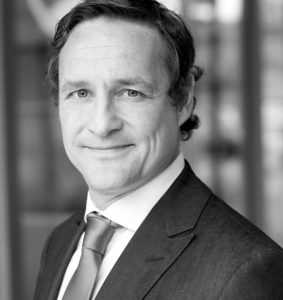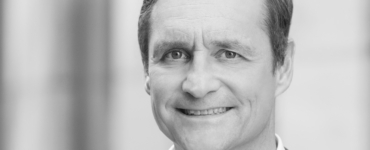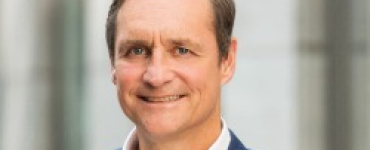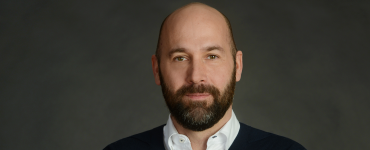- Overstepping the mark: With upload filters, the EU is jeopardizing freedom of expression
- Ancillary copyright has failed in Germany – now comes the threat of an EU-wide competitive disadvantage for Europe as an innovation and investment location
On 20 June, the European Parliament’s Committee on Legal Affairs (JURI) will vote on the Copyright Directive, setting the course for the final negotiations in the trilogue with the Commission and the Council. The European proposal for a Copyright Directive ushers in the threat of a sweeping censorship of all Internet content. Article 13 of the directive stipulates that all content uploaded online will be monitored and, where similarities with existing copyright content are detected, will possibly be deleted. It is to be feared that, erring on the side of caution, too much rather than too little will be deleted. In addition, we can expect many incorrect notifications – relating to erroneously unfiltered as well as inadvertently filtered content. Over and above this, Article 11 also aims to create a European ancillary copyright law for digital content based on the German model.
“On these central points, the draft directive is heading off in completely the wrong direction and needs to be urgently overhauled. Aside from the concepts of continuous collaboration and a culture of sharing, digital reproduction is the integral basic principle of the Internet. It is a prerequisite for a functioning information society and must not be reined in by regulation. This would make the Internet a place of control and censorship by private companies,” says Oliver Süme, Chair of eco.
Automatic upload filters endanger freedom of expression
The obligations on operators of large online platforms with user-generated content will be significantly extended if the EU countries have their way. The provision in Article 13 of the draft directive amounts to an obligation for a majority of the providers concerned to use the controversial upload filters for copyright content, and to continuously monitor the content uploaded by their users. “Proactive measures such as mandatory upload filters for alleged copyright infringements would force providers to effectively become censorship authorities and part of the monitoring apparatus, and would turn their role for the information society on its head,” warns Oliver Süme.
Ancillary copyright harbors a competitive disadvantage for Europe as a location for innovation and investment
Süme also sees an acute threat to the diversity and freedom of the Internet in the ancillary copyright proposed by the Commission: “Ancillary copyright has already resoundingly failed in Germany and Spain, and everybody came out the loser. European ancillary copyright will hinder innovation, hamper the digitalization of the publishing and news industry, and become a competitive disadvantage for Europe as an investment location. There is also the threat of lasting legal uncertainty for all parties.”
A study commissioned by eco also clearly demonstrated that ancillary copyright represents a misguided approach. In April, eco signed a German-language open letter against ancillary copyright, given that it completely contravenes the basic concept of free access to opinions and information on the Internet and that it would have a negative effect on providers of innovative services, while at the same time serving to reinforce the position of established companies.
On Friday, 25 May, the EU States adopted a common position on copyright. Although Germany voted against the negotiating mandate in the EU Council, it was adopted by majority vote. The European Parliament is now taking the preliminary decision for the trilogue and the future of the Internet.




